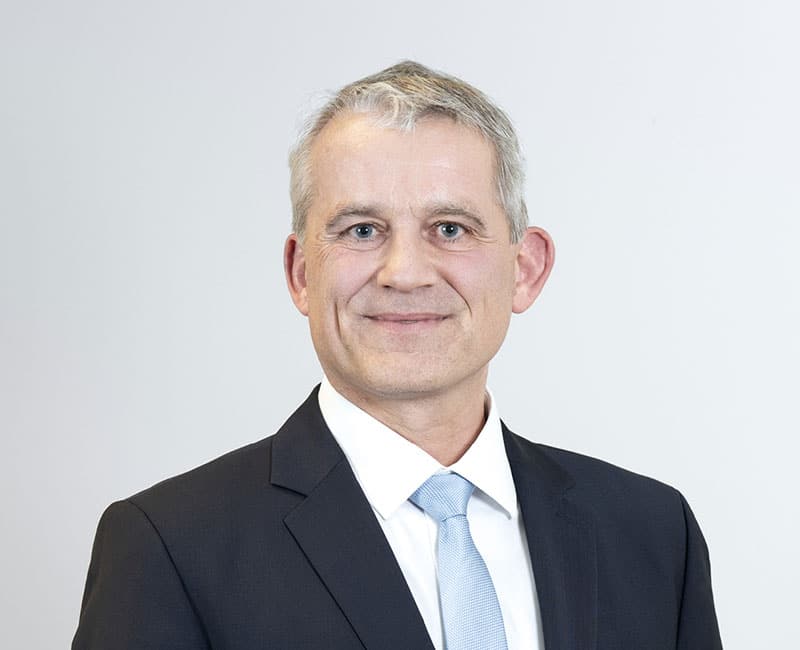
“I never thought I would one day be a candidate for the Federal Council,” said 59-year-old Beat Jans with emotion after being launched in the government race by his Social Democratic party. This son of a working-class family has ascended to the highest office, promising to make the well-being of the population, whether “poor or rich, weak or strong, Swiss or immigrant,” his priority.
From Basel to the Federal Council
Born in Basel in 1964, Beat Jans grew up with a mother who was a shop assistant and a father who was a locksmith. He began his working life with an apprenticeship as a farmer, before training as an agricultural technician and then studying environmental sciences at the Swiss Federal Institute of Technology (ETH) in Zurich.
His background was certainly an asset when it came to convincing the powerful farmers’ lobby in parliament. As a member of the economy and environment committee of the National Council, he had been particularly active on environmental and energy issues. After becoming president of the Basel-City section, Beat Jans was elected to the canton’s executive. He then joined the House of Representatives in 2010, where he served for ten years before being elected to the Basel government in 2020. He was also the vice president of the Social Democrats from 2015 for five years.
Farmers first
Beat Jans says his role as a Federal Councillor is similar to that of a member of the cantonal government, which he has now held for three years in Basel-Stadt. “You are there for everyone; you have to mediate and find solutions that are capable of compromise and majority support. I think I was able to convey to the farmers in particular that I am very happy to fulfil this role, said Jans in the interview with the Swiss SRF news channel.
Elevate Your Wealth Game: Empowering UHNWIs for Simplified Asset Management. Altoo Platform Preview
While being elected, Beat Jans brought a basket full of Basel sweets as a sign that the city and the country must move forward together. “It’s not a case of going against each other. It’s only good for the country if they come together. That [the Basel sweets] was a symbol, and I also stand up for it. I want the interests of the cities to be represented, but this does not have to be at the expense of the agricultural population.”
Important Abroad and Health Care
As he indicated, he also has other priorities. For convinced Europhile Beat Jans, it is important that Switzerland remains part of the internal market and can benefit from the EU’s research network. Living and, until now, representing the city of Basel, which lies on the border between three countries, he has learned that it is easier to solve problems with our neighbours than without them. The new president is also sensitive to the cause of the Swiss abroad. “My brother lives in New York, and my wife is of American origin,” he told SWI swissinfo.ch during his campaign. He therefore believes that the Swiss abroad should be able to remain connected to the government.
Furthermore, it is necessary to think about how the land can finance healthcare costs more socially. According to the new president, health insurance is becoming an increasing burden for the middle class. As he declared, it is necessary to first strengthen preventive healthcare, eliminate the disincentives that cause unnecessary costs, and also seek new funding opportunities to support small and medium incomes. “The healthcare system can be financed more socially through taxes because high earners contribute more,” said the newly elected social democrat.












